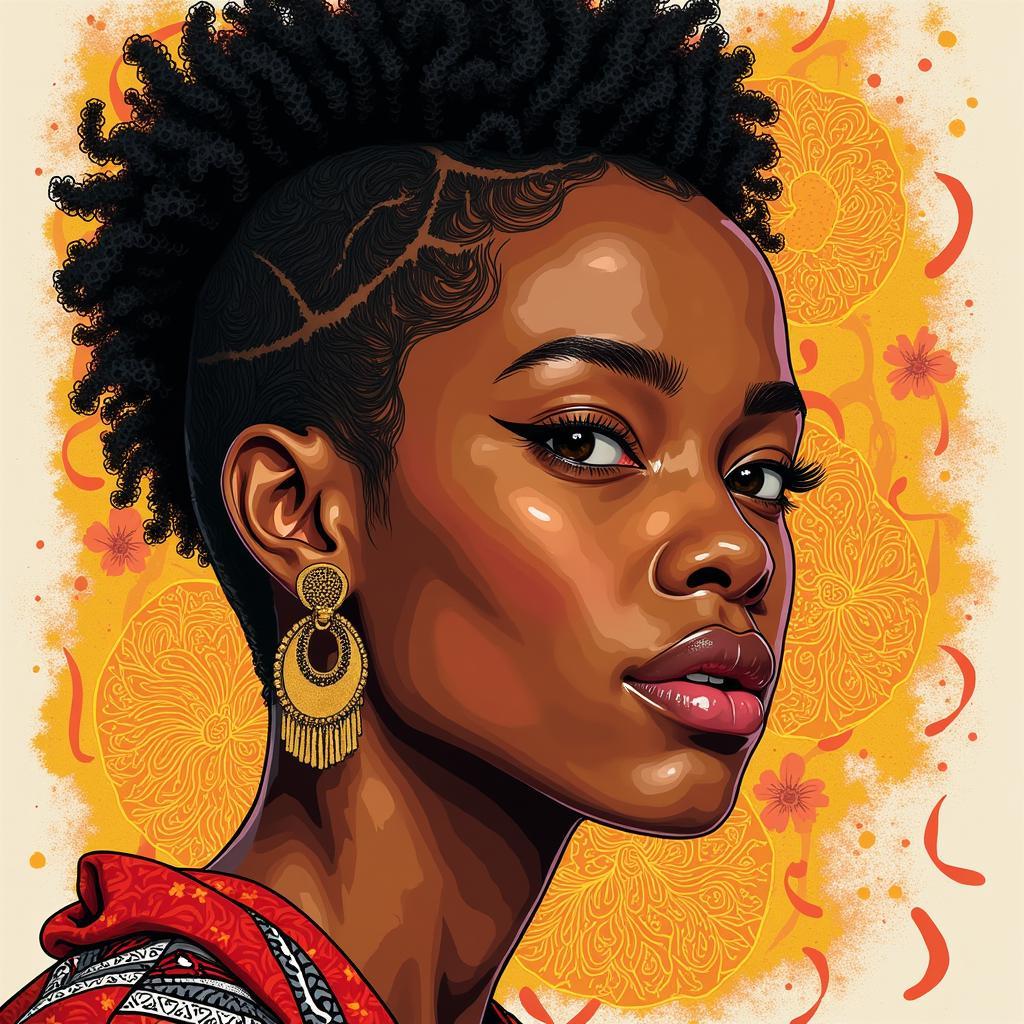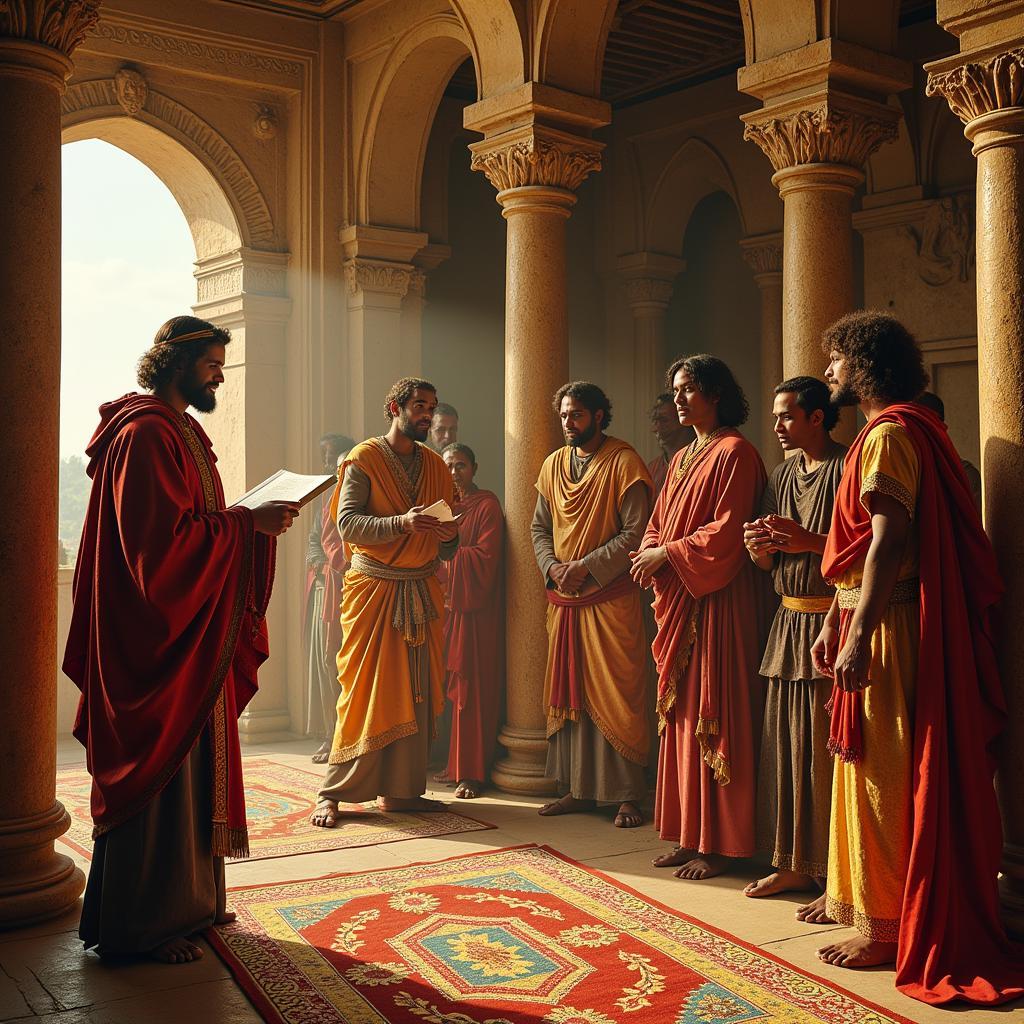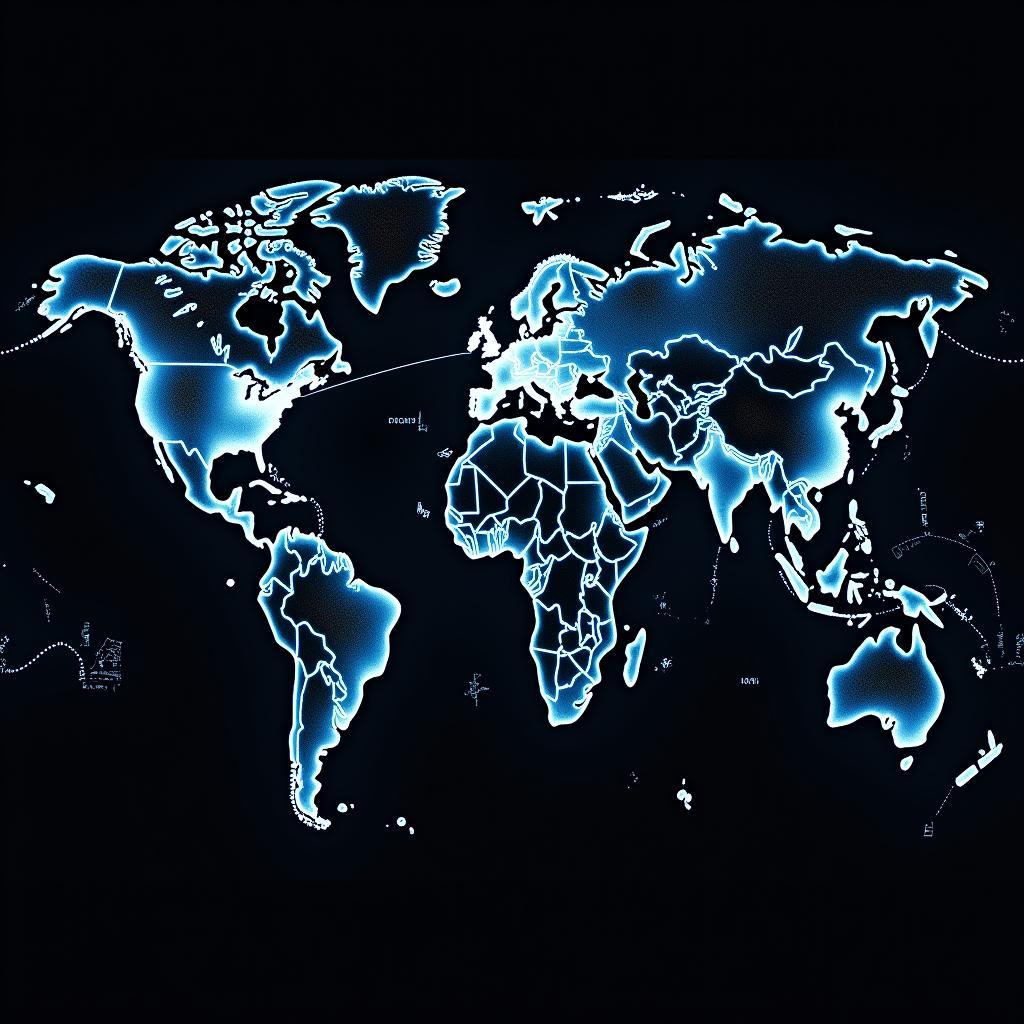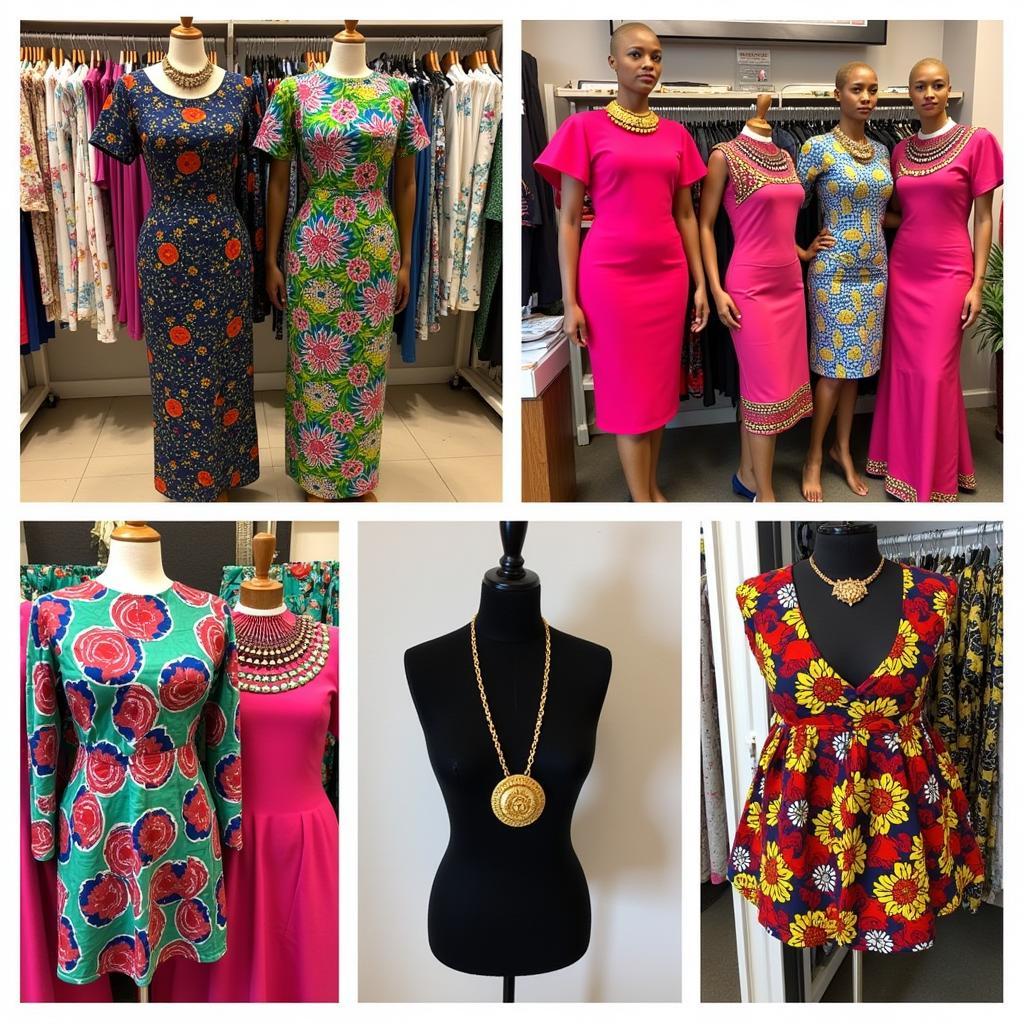African Dances in the Caribbean: A Vibrant Legacy
African dances are an integral part of the Caribbean’s cultural tapestry, a testament to the enduring legacy of the transatlantic slave trade. From the pulsating rhythms of Jamaican Kumina to the intricate footwork of Haitian Yanvalou, these dances reverberate with the spirit of Africa, embodying its rich history, spirituality, and artistic expression. This article delves into the captivating world of African Dances In The Caribbean, exploring their origins, evolution, and profound cultural significance.
The Transatlantic Journey of African Dance
The forced migration of millions of Africans to the Caribbean during the slave trade brought about a profound cultural exchange. Among the many traditions that survived the harrowing journey were dances, which served as a powerful link to the ancestors and a source of solace and resistance. While European colonizers attempted to suppress African culture, these dances persevered, often disguised or blended with European elements to avoid detection.
From Ritual to Celebration: The Evolution of African Dances
Over time, African dances in the Caribbean evolved, adapting to their new environment and incorporating influences from other cultures. What were once sacred rituals transformed into vibrant expressions of community, celebration, and resistance. For example, the Yoruba deity-inspired dances of West Africa found new life in Haitian Vodou ceremonies, while the circular formations and call-and-response patterns of many African dances are still evident in Caribbean dance forms today.
Exploring the Diversity of African Dances in the Caribbean
From the islands of the Greater Antilles to the shores of Trinidad and Tobago, the Caribbean is home to a rich diversity of African-influenced dance forms. Each island boasts its own unique styles and traditions, reflecting the specific cultural blend of its people.
Jamaican Kumina: A Spiritual Connection
Originating from the Congo region of Africa, Kumina is a sacred dance practiced by descendants of the Kongo people in Jamaica. Characterized by its rhythmic drumming, energetic movements, and spiritual significance, Kumina is often performed at wakes, ceremonies, and other gatherings to honor ancestors and connect with the spirit world.
Haitian Yanvalou: A Dance of Serpentinity
Inspired by the Vodou spirit of the same name, Yanvalou is a mesmerizing dance characterized by its fluid, serpentine movements. Dancers often mimic the motion of a snake, undulating their bodies and moving with a captivating grace that reflects the spirit’s association with water and fertility.
Trinidadian Bele: Celebrating Community and Heritage
Bele is a vibrant dance form originating from the enslaved African population of Trinidad. Traditionally performed during celebrations and festivals, Bele is characterized by its energetic drumming, call-and-response singing, and lively movements, often involving intricate footwork and expressive gestures.
The Enduring Legacy of African Dance in the Caribbean
Today, African dances in the Caribbean continue to thrive, serving as a powerful reminder of the region’s rich cultural heritage and the resilience of the African diaspora. These dances are not merely a form of entertainment; they are a living embodiment of history, spirituality, and cultural identity, passed down through generations and celebrated for their beauty, power, and enduring significance.
FAQ: African Dances in the Caribbean
1. What are some other examples of African-influenced dances in the Caribbean?
The Caribbean boasts a diverse array of African-influenced dances, including African Ginga Styile, Dinki Mini in Jamaica, and the Calinda stick-fighting dance in Guadeloupe, each with its own unique history and cultural significance.
2. How have African dances in the Caribbean impacted contemporary dance forms?
The influence of African dances can be seen in many contemporary dance forms, from jazz and hip-hop to ballet and modern dance, demonstrating the lasting impact of African rhythms, movements, and aesthetic sensibilities on global dance traditions.
Explore Further
To delve deeper into the captivating world of African influences in the Caribbean, you can explore related articles on African history and culture and the broader impact of African Caribbean connections. Discover the vibrant legacy of African beach dance and the enduring influence of African influence on Caribbean culture.
Contact Us:
For any inquiries or assistance, please contact us at:
Phone: +255768904061
Email: kaka.mag@gmail.com
Address: Mbarali DC Mawindi, Kangaga, Tanzania.
Our dedicated customer support team is available 24/7 to assist you.



